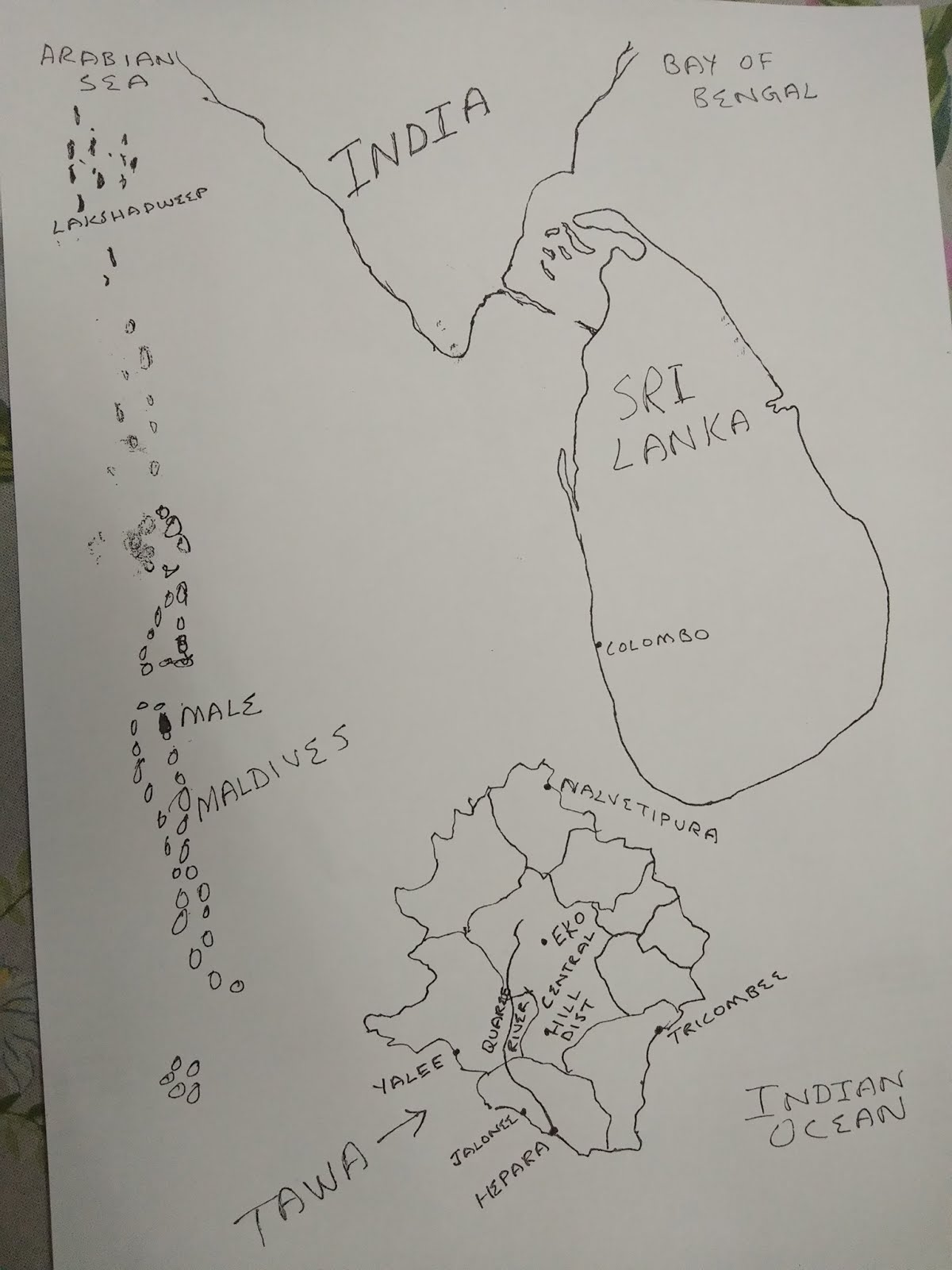
Bill Emmott, a former editor of the Economist, has written various books, most of them on Japan. In ‘Rivals’, Emmott examines and analyses Japan, China and India, the power struggle between these three powers, their relationships with the west and tries to predict how they will shape up in the future.
Emmott raises scores of issues and pokes around in the most unlikely of places as he surveys the huge Asian landmass for the benefit of his readers. Is India likely to overtake China? Which of the three countries – Japan, China and India - will come off best in the struggle for pole position in Asia? Twice Emmott quotes a senior official at India’s External Affairs Ministry who told him ‘both of us (India and China) think that the future belongs to us. We can’t both be right.’ Does Emmott agree with this faceless bureaucrat? Was the US right in giving nuclear technology to India, though India is not a signatory to the NPT? Why does Japan refuse to make a proper apology for its war crimes during the Second World War? Should it do so?
Emmott picks out five flash points and danger zones in Asia where trouble may erupt, leading to involvement of world powers and a massive shake up of the world order. Surprisingly Kashmir doesn’t figure in this list, though Pakistan and North Korea do. Emmott’s analysis of North Korea is especially excellent and one gets to know facts about North Korea that aren’t easily available in the public domain for a lay person.
Through out the book, one finds various mentions of the War Crimes Trial held in Tokyo after the Second World War. Emmott, very rightly in my opinion, calls the trials a farce since it was more to punish Japan for using war as an instrument of foreign policy (something that Britain and other western powers routinely did) and having the temerity to attack the west (and western colonies), rather than for actual war crimes by Japanese soldiers. Emmott quotes with approval in more than one place the dissenting judgement given by Justice Radhabinod Pal, India’s nominee Judge.
‘Rivals’ is written in a manner not much different from articles carried in the Economist. There is no hyperbole or rhetoric or melodrama and statistics pop out of every page. At times Emmott presents facts (the contrast between the elegant and modern interiors of Reliance’s office at Maker Chambers IV in Mumbai and its rather dirty surroundings) and talks of his experiences in Asia (having a champagne and caviar dinner with communist politicians in Kolkata) in order to buttress his arguments. I was reminded a lot of Paul Kennedy’s ‘Rise and Fall of Great Powers’ as I slowly made my way through ‘Rivals’.
What I liked most about Rivals is that Emmott is very sympathetic to the point of view of each of Japan, China and India, without losing his objectivity. For example, while explaining that India is aggrieved by China having a seat on the UN’s security council, he says that “it feels especially odd to India that China became a founding P5 member when its colonial invader, Japan, was defeated, but India did not, though it dispatched its own colonial master at the same time, peacefully, as the UN Charter would prefer, rather than in war.”
Towards the end of the book and in some cases, even before that, Emmott starts setting out his various conclusions to each of the issues he raised initially. Emmott also makes various recommendations, addressed to the US and to the rising powers of Japan, China and India. All of Emmott’s conclusions and recommendations made a lot of sense to me. I sincerely hope that the powers-be listen to all or at least some of them. Rather than disclose what the extremely knowledgeable Emmott’s conclusions are, I’ll leave it to you to read this excellent book to find out for yourself!






No comments:
Post a Comment